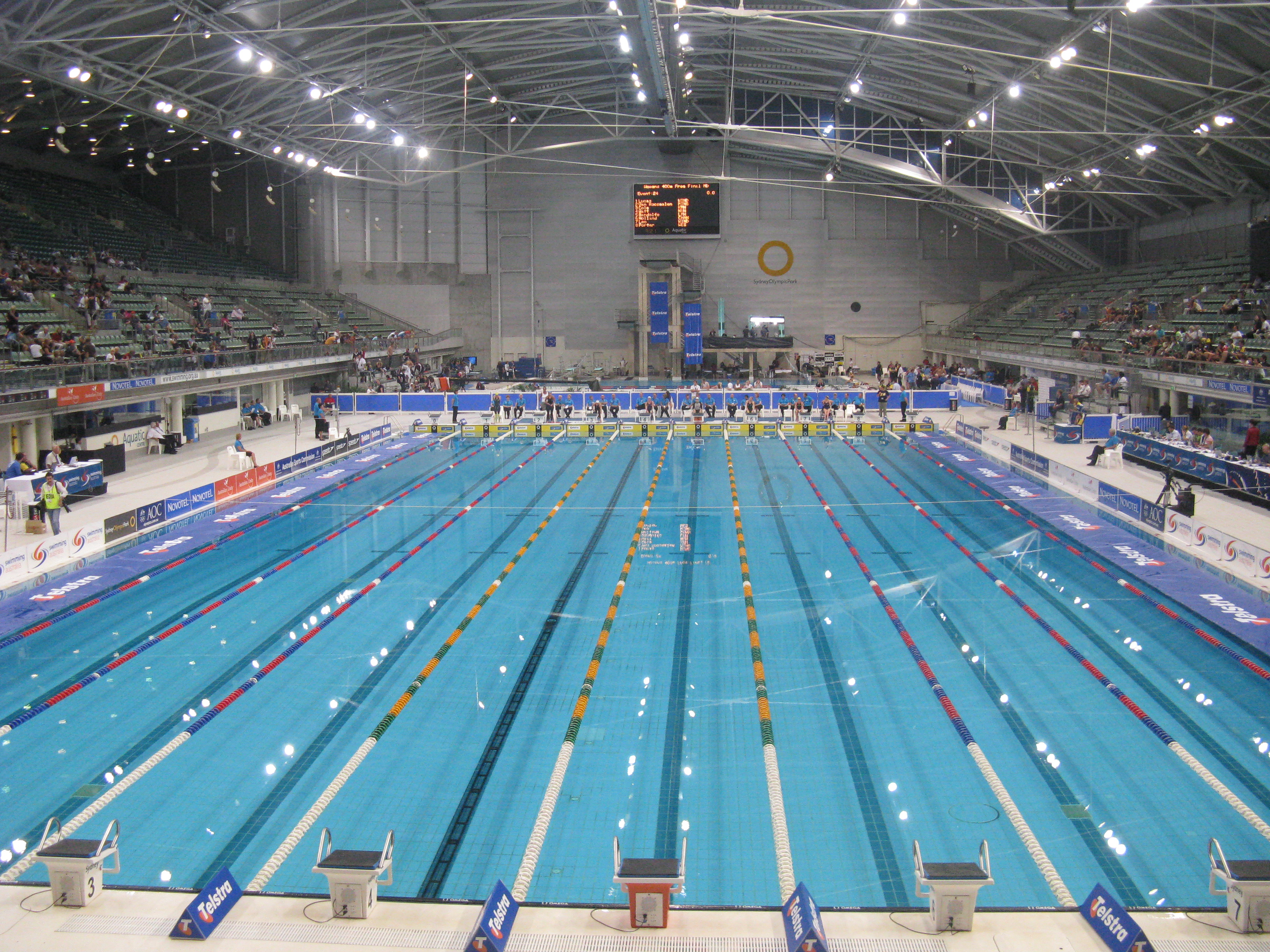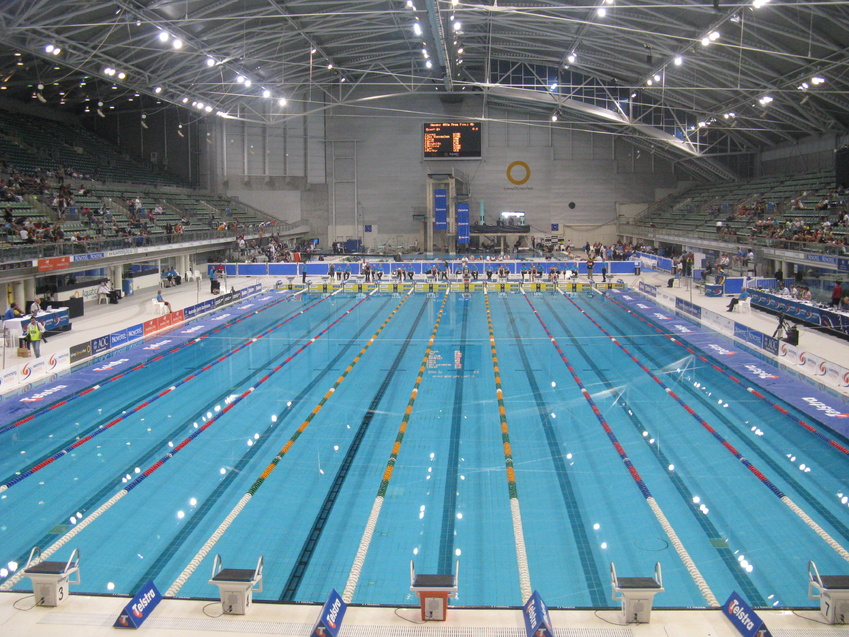Less than a year after hosting the Olympic and Paralympic Games, the Olympic Aquatics Centre has officially reopened to the public, fulfilling a central promise of the Games—to create a meaningful, lasting legacy for local communities. Originally envisioned as more than just a competition venue, the Centre was designed to provide long-term access to sport, foster community engagement, and make effective use of public investment. It now stands as a permanent recreational and sporting facility in one of France’s most under-resourced areas for sports infrastructure.
Bringing the Games to the People
During the Paris 2024 Games, the venue was the stage for Olympic and Paralympic events including diving, artistic swimming, and water polo. Located in Seine-Saint-Denis—a vibrant, densely populated suburb in northern Paris known for its youthful and diverse population—the Aquatics Centre exemplifies the organisers’ commitment to integrating the Games into the community and building infrastructure with lasting benefits. It also reflects the International Olympic Committee’s Olympic Agenda 2020, which prioritises legacy, sustainability, and public value in the planning of the Olympic Games. Paris 2024 was the first edition to fully align with these principles.
"The Olympic Aquatics Centre represents our ambition to make the Olympic Games more useful and more impactful. It is a venue designed not only to host world-class competition, but also to serve the everyday needs of the wider community for years to come. It shows what is possible when the Olympic Games are planned and organised with a long-term vision in mind," - Marie Sallois, IOC Director for Sustainability
A Facility Designed for the Future
Now operating in its legacy format, the Centre includes four swimming pools: a 50-metre competition pool, a diving pool, a teaching pool for schools, and a general-use leisure pool. Beyond aquatics, it offers nine padel courts, a 1,000m² climbing wall, fitness facilities, a restaurant and café, and a sports recycling hub featuring repair workshops and a second-hand equipment store.
More than 50 new jobs are being created to support its daily operations, spanning roles in facility management, instruction, and guest services. Priority is being given to local residents, with hiring supported by partnerships with France Travail and the Plaine Commune local authority. During its construction, the venue also boosted the local job market, accounting for over 80,000 work hours and offering training for young people and jobseekers.
As the first completed part of the broader Grand Pleyel redevelopment initiative—which aims to transform northern Paris with new housing, transport links, and public services—the Aquatics Centre places sport at the heart of urban regeneration.
A Model of Sustainable Architecture
One of the most striking venues of Paris 2024, the Centre featured packed stands and a dramatic atmosphere under a distinctive timber roof. Built on the former industrial site of Plaine Saulnier, adjacent to Stade de France, the facility was completed in under three years—on schedule and within budget.
Its 90-metre roof is constructed using 90% French-sourced bio-based wood from sustainably managed forests. The design eliminates the need for interior columns, allowing unobstructed views and a bold visual identity. The Centre consumes 50% less energy than conventional aquatic venues, thanks to innovations such as water recycling, natural ventilation, and energy-efficient lighting—advancing the Games’ low-carbon goals.
Where Elite Performance Meets Community Access
Looking ahead, the venue will continue to support both elite sports and community recreation. It will serve as a training base for the French Swimming Federation and will host the European Swimming Championships in 2026. This dual function reinforces its role as both a high-performance facility and a local hub.
In the near future, the Olympic rings will be installed on the building’s exterior, and the venue will be officially named the Centre Aquatique Olympique Métropole du Grand Paris. As it reopens to the public, it symbolizes not only the legacy of the Games but also a sustainable, community-focused future.
"The Olympic Aquatics Centre, an iconic venue of the Paris 2024 Olympic and Paralympic Games, will soon become the most popular pool in France. In an area with historically limited access to sports facilities, and where many children haven’t had the chance to learn to swim, this Centre addresses deeply rooted needs," - Marie Barsacq, Minister for Sport, Youth and Community Life, France
Bringing the Games to the People
During the Paris 2024 Games, the venue was the stage for Olympic and Paralympic events including diving, artistic swimming, and water polo. Located in Seine-Saint-Denis—a vibrant, densely populated suburb in northern Paris known for its youthful and diverse population—the Aquatics Centre exemplifies the organisers’ commitment to integrating the Games into the community and building infrastructure with lasting benefits. It also reflects the International Olympic Committee’s Olympic Agenda 2020, which prioritises legacy, sustainability, and public value in the planning of the Olympic Games. Paris 2024 was the first edition to fully align with these principles.
"The Olympic Aquatics Centre represents our ambition to make the Olympic Games more useful and more impactful. It is a venue designed not only to host world-class competition, but also to serve the everyday needs of the wider community for years to come. It shows what is possible when the Olympic Games are planned and organised with a long-term vision in mind," - Marie Sallois, IOC Director for Sustainability
A Facility Designed for the Future
Now operating in its legacy format, the Centre includes four swimming pools: a 50-metre competition pool, a diving pool, a teaching pool for schools, and a general-use leisure pool. Beyond aquatics, it offers nine padel courts, a 1,000m² climbing wall, fitness facilities, a restaurant and café, and a sports recycling hub featuring repair workshops and a second-hand equipment store.
More than 50 new jobs are being created to support its daily operations, spanning roles in facility management, instruction, and guest services. Priority is being given to local residents, with hiring supported by partnerships with France Travail and the Plaine Commune local authority. During its construction, the venue also boosted the local job market, accounting for over 80,000 work hours and offering training for young people and jobseekers.
As the first completed part of the broader Grand Pleyel redevelopment initiative—which aims to transform northern Paris with new housing, transport links, and public services—the Aquatics Centre places sport at the heart of urban regeneration.
A Model of Sustainable Architecture
One of the most striking venues of Paris 2024, the Centre featured packed stands and a dramatic atmosphere under a distinctive timber roof. Built on the former industrial site of Plaine Saulnier, adjacent to Stade de France, the facility was completed in under three years—on schedule and within budget.
Its 90-metre roof is constructed using 90% French-sourced bio-based wood from sustainably managed forests. The design eliminates the need for interior columns, allowing unobstructed views and a bold visual identity. The Centre consumes 50% less energy than conventional aquatic venues, thanks to innovations such as water recycling, natural ventilation, and energy-efficient lighting—advancing the Games’ low-carbon goals.
Where Elite Performance Meets Community Access
Looking ahead, the venue will continue to support both elite sports and community recreation. It will serve as a training base for the French Swimming Federation and will host the European Swimming Championships in 2026. This dual function reinforces its role as both a high-performance facility and a local hub.
In the near future, the Olympic rings will be installed on the building’s exterior, and the venue will be officially named the Centre Aquatique Olympique Métropole du Grand Paris. As it reopens to the public, it symbolizes not only the legacy of the Games but also a sustainable, community-focused future.
"The Olympic Aquatics Centre, an iconic venue of the Paris 2024 Olympic and Paralympic Games, will soon become the most popular pool in France. In an area with historically limited access to sports facilities, and where many children haven’t had the chance to learn to swim, this Centre addresses deeply rooted needs," - Marie Barsacq, Minister for Sport, Youth and Community Life, France


 Paris Olympic Aquatics Centre Reopens as Sustainable Community Hub
Paris Olympic Aquatics Centre Reopens as Sustainable Community Hub





 Companies
Companies